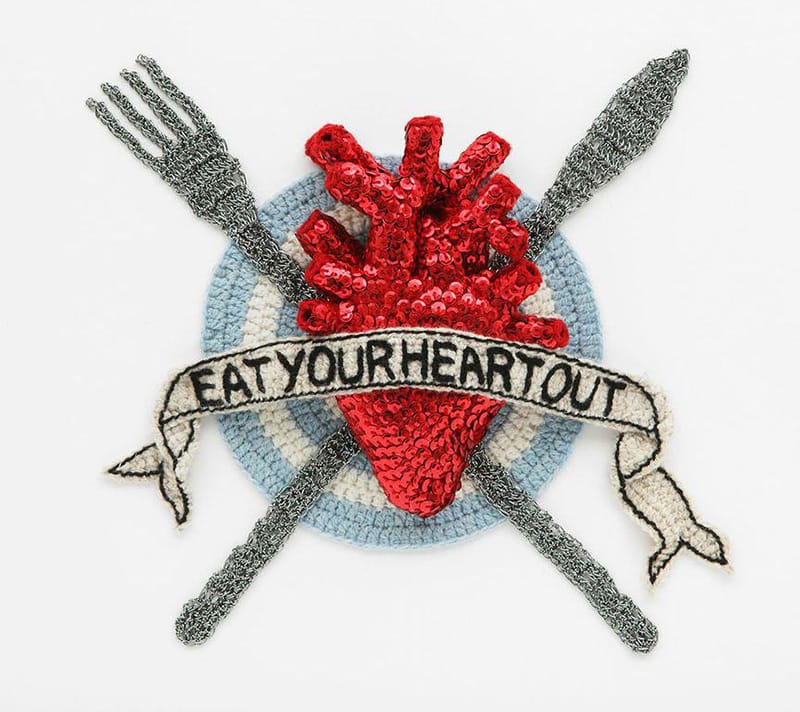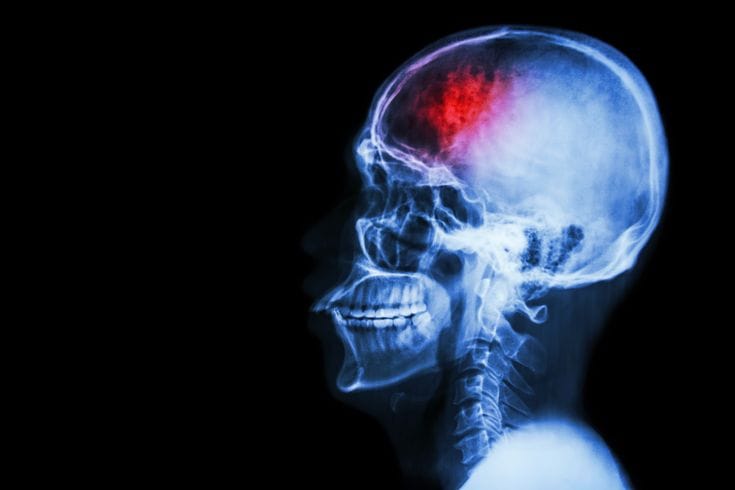It is important to talk about kidney disease because when we ignore preventative measures and only begin to screen much later, it may in actual fact be too late to reverse the disease state.
Chronic conditions such as hypertension (high blood pressure), diabetes, cardiovascular diseases, infections, family history of kidney diseases and pathological or structural abnormalities are trusted custodians for kidney disease.
Kidneys are an integral part of our health as they are the main filters and excreters of fluids in the body, helping to maintain regulation of water and electrolytes. Waste products in the form of urine are produced as a result of functioning kidneys. Maintenance of blood pressure and acid-base balance, production of vitamin D and erythropoietin are products of fully functioning kidneys. Any abnormality in the above can lead to detrimental effects if not identified sooner and managed appropriately.
Kidney disease can either be acute (less than 3 months) or chronic (more than 3 months). Acute Kidney Injury (AKI) can either be:
Pre-renal: Means before the kidney. Conditions that lead to decreased blood supply to the kidneys lead to less oxygen and nutrients required by these cells for survival and thus, death of kidney cells (tubular necrosis). Dehydration due to bleeding, fluid loss in diarrhea/vomiting or burns leads to this.
Intrarenal: The cause emanates from tubular necrosis as all cells depend on oxygen and nutrients to survive. When these are not adequately delivered either due to dehydration, toxic medication directly killing these cells (nephrotoxic medication), disease states such as diabetes, HIV, connective tissue conditions such as systemic lupus erythematosus (SLE) that directly damage the kidneys and their function.
Post-renal: Factors external from the kidneys causing a blockage in the outflow of urine from the kidneys are responsible for this phenomenon. Examples include: cancer (prostate or cervical), obstructive pathologies such as kidney stones, benign prostatic hyperplasia (BPH) etcetera; affecting the structural integrity of the outflow tract and thus, the kidneys.
How can one know if they have kidney disease?
Most diseases are not loud unfortunately, the only way to identify them through signs is much later when the disease is rather advanced. Early screening is the cornerstone of hitting the mark in majority of diseases. Take advantage of free screening campaigns conducted in the workplace, public health facilities and public forums such as malls, NGOs, religious gatherings.
Signs and symptoms are only at a much later stage consisting of but not limited to:
- Extreme fatigue
- Nausea, vomiting, loss of appetite
- Frequent urination or little to no urination
- High blood pressure
- Swelling of feet, hands, face, as kidneys are unable to regulate fluids
- Itchy skin due to accumulation of toxins as kidneys are unable to excrete adequately
- Muscle cramps due to accumulation of urea
- Confusion or mood changes owing to electrolyte imbalances
Our bodies do send signals of being unwell, needing rest or just downright unsettling uneasiness and concern. These are not to be ignored but paid attention to. Early intervention rewards with hope for another chance at healthy living. With late intervention, those odds are drastically reduced. Always act in the present, never compromise your health.






No Comments